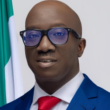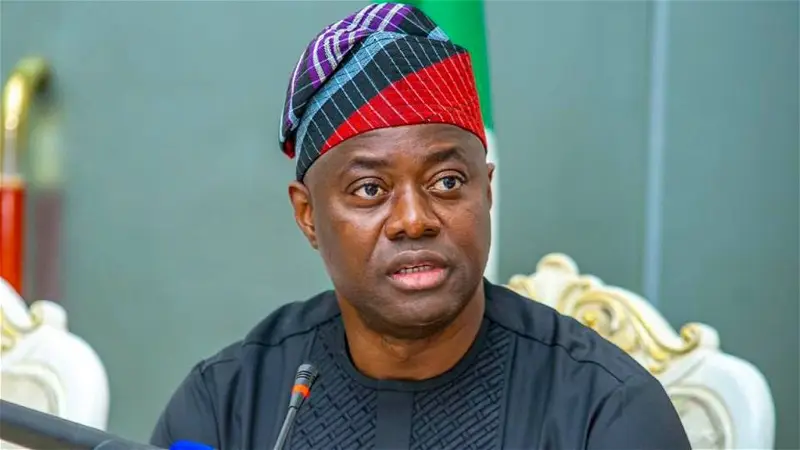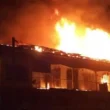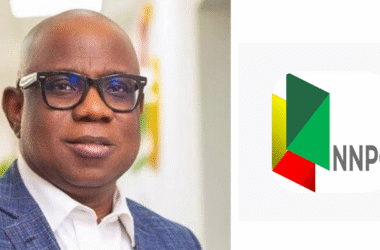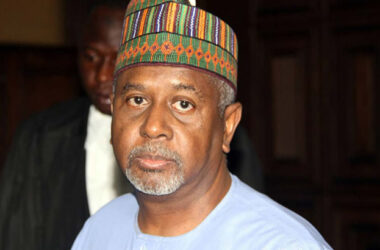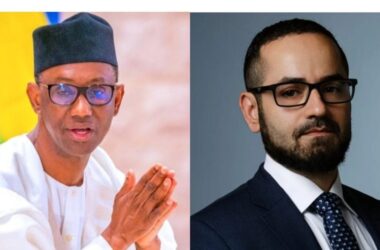Governor Seyi Makinde of Oyo State has assured residents that they are free to settle disputes through the Sharia Panel if they choose. He made this statement during the 2025 Iftar program organized by the state government, where he addressed concerns about the role of Sharia law in the state’s legal system.
The event was attended by Islamic clerics, Muslim leaders, and senior government officials. During his speech, Makinde noted the need to clarify discussions about implementing Sharia law in parts of the South-West, including Oyo State. He assured the public that his administration would not oppose any practice that aligns with the Nigerian Constitution.
Makinde explained that the Sharia Panel functions as an alternative dispute resolution mechanism, providing an option for those who prefer to settle their matters outside the conventional court system. However, he also noted that the constitutionally recognized courts remain the primary institutions for handling legal disputes in the state.
He addressed rumors suggesting that he planned to seek a court interpretation regarding the legality of the Sharia Panel.
According to him: “I read in the newspaper that I would go to court for an interpretation regarding the Sharia Panel, which is ongoing in Oyo. That is not my position.
“My position is that we will support anything that is in our constitution. I made a statement when Muslims in South-Western Nigeria, MUSWEN, came to my office that we should not encourage discord among ourselves, no matter how small.
“My interpretation is that even within our families, not every issue is taken to court. When people have disagreements, the elders in the family try to settle the dispute.
“So, regarding this particular Sharia Panel, whoever wishes to engage with it and sees it as an alternative dispute resolution mechanism, it is fine. It will help the government and ensure that fewer cases reach our judges.
“We will encourage alternative dispute resolution mechanisms, and the only thing I can say is that if enforcement or further clarification is required, the courts—recognised by the constitution—remain available.”




